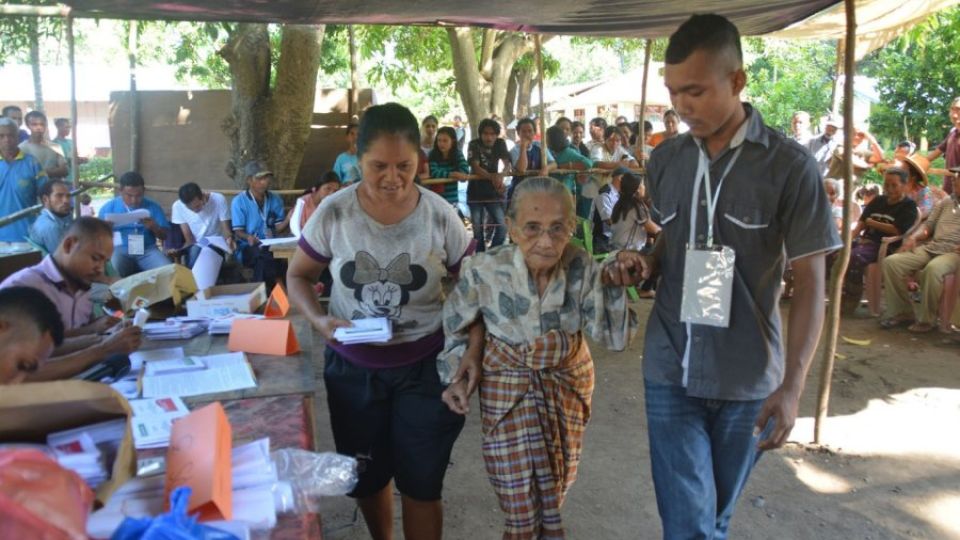May 22, 2023
JAKARTA – The public will have ample time between August and September to vet and challenge the eligibility of thousands of legislative candidates, who are currently undergoing administrative screening at the General Elections Commission (KPU). We call on the people to actively participate in scrutinizing the candidates to make sure the members of the next legislature will provide the checks and balances mechanism that makes democracy work.
We also urge the KPU, the Election Supervisory Body (Bawaslu) and registered poll observers to disseminate information about the legislative candidates to the voters, both in the country and overseas, so that they will not make a decision inside the polling booths based on monetary rewards but on their expectations for a better Indonesia.
The recent arrest of Communications and Information Minister Johnny Plate, who is also the secretary-general of the NasDem Party and one of the party’s legislative candidates, as well as the imprisonment of many politicians from various parties over the last few years, should serve as yet another wake-up call for the nation to vote for the right persons in the legislative and presidential elections in February next year.
Johny is the fifth Cabinet minister during the administration of President Joko “Jokowi” Widodo to have fallen from grace due to graft. Former sports minister Imam Nahrawi, former social affairs ministers Idrus Marham and Juliari Batubara, and former fisheries minister Edhy Prabowo were convicted of corruption. They are all politicians from the ruling coalition.
We should not let ourselves fall prey to the tricks of “rotten apple” politicians in the upcoming elections.
The high number of politicians, both in the national and regional levels, who have been found guilty of corruption should teach voters a supreme lesson. Come Feb. 14, 2024, they must not repeat their mistake of voting for a candidate simply because of his or her ethnicity, religion or even physical attractiveness, without digging deeper into their track records.
An estimated 206 million voters will go to polling stations next February to elect members of the House of Representatives, Regional Representative Council, provincial legislatures, regency/municipal legislatures, and the president and vice president simultaneously.
Now that the 18 political parties contesting the legislative elections have submitted their candidates to the KPU, the time has come for the public to directly and personally examine the candidates. They should not take the choices of the political parties for granted, but collect as much information as possible about them, including any dark secrets.
Media reports and research have found that vote buying was rampant in previous elections as candidates fought not only rivals from other parties but also fellow party members. As candidates invested a lot to win seats, they would normally seek returns through all possible means, including corruption.
Therefore, voting for candidates who engage in vote buying will very likely result in corrupt politicians, who steal state funds allocated for improving the well-being of the nation. Voting for the wrong candidates can cost the country’s development and progress dearly.
The upcoming legislative election will feature 18 political parties, including newcomers the Ummah Party, Indonesia People’s Wave Party (Gelora) and Nusantara Awakening Party. Thanks to its status as a special region, Aceh will see six local parties contesting provincial and regional legislative elections.
The KPU will make public the provisional legislative candidates in August, and allow the public to scrutinize them and raise objections from Aug. 6 to Aug. 11. From Sept. 24 until Oct. 3, the public will have another chance to recheck the candidates before the KPU finalizes the list.
Again, we urge the public to use their right to examine the track records of the legislative candidates as early as possible. Otherwise we will only end up “buying a cat in a sack”, an Indonesian expression akin to buying a pig in a poke.


